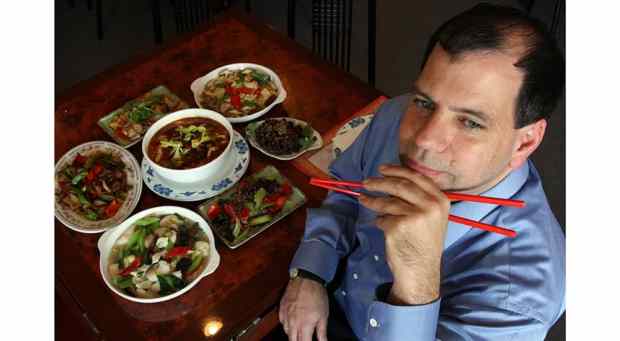I have heartburn. I probably have heartburn simply because both my parents also had a lot of heartburn, and I have treated it the same way they treated it, with antacids. But lately, with all the sleep disruption and discomfort, I tried to get rid of my heartburn and regretted it. I didn’t talk to my doctor, however, because the last time I tried to schedule an appointment the earliest she could see me was in six months. Instead I went to the internet.
I was told to change my diet, so I changed my diet. Still had heartburn. I was told to cut out red wine, so I cut out red wine. Still had heartburn. I was told to add preventive measures such as lime juice, so I mixed lime juice with seltzer every morning. Still had heartburn. I let my osteopath dig her hand between my rib cage and apply so much pressure that it left a bruise, I tried intermittent fasting, I propped myself up with an extra pillow. I still had heartburn.
Luckily I had been here before with various discomforts and difficulties, so I knew the golden rule of how to use the internet to treat your own health problems: do not go on to the forums. I mean, I peeked, and learned that probably what I had was actually a ‘leaky gut’, which I am assured is a very real phenomenon even though I feel like if my guts were really leaking I would be dead. There were very expensive potions, very restrictive diets, and very invasive treatments to ‘heal my gut’.
So by now I am very familiar with the patterns of fraud examined regularly on the podcast Maintenance Phase. People don’t feel well. They are stuck between contradictory and misleading messaging about their bodies. They find it difficult to access authoritative information or assistance, and they fall prey to people who ultimately don’t want to heal them, they just want to sell them something. In some cases, it’s just a dumb diet some celebrity has promised will help them lose weight. And sometimes you find someone like cancer influencer Belle Gibson saying you should not get chemotherapy but that you should heal your tumours with fruit instead.
Hosts Michael Hobbes and Aubrey Gordon really dig into the history of various fads and cons, showing how shallow and new our understanding of nutrition and health really is. We are baby-stepping our way into some basic knowledge about how best to feed and care for our bodies, but we are fully confident that each tiny bit of new information gleaned is correct.
In a recent episode about the emphasis on protein in the diet, Hobbes and Gordon uncover the story of kwashiorkor, a form of malnutrition that can kill children being raised in areas with food scarcity. It was initially misunderstood as being a problem of not enough protein, which was used to market baby formula and other expensive supplements. And the focus on protein covered up the real issues, which was access to food in an area of extreme income inequality and colonial control.
They also delve into the truly dark region of illness influencers, who mostly gather on Instagram to tell you how bee venom helped treat their Lyme disease or how celery juice cured their cancer. Figures such as Belle Gibson thrived — and got book deals and credulous television interviews — despite peddling dangerous nonsense (and never actually having the cancer she claimed to have self-treated). These cheats and liars sell snake oil to the unwell, dissuade them from pursuing treatments that might already work, and get quite rich in the process.
Eventually we will all lose our battle, whether fought in hospital or in online forums, to keep our bodies safe and well, and we will die. Which is why I like Synodus Horrenda, an irregular podcast about death and dying, and how death culture has changed throughout the years.
It’s hosted by Ryan Nyburg with a kind of mordant wit and a charming growl as he tells stories of the dying, the dead and the actively rotting. I particularly liked his series on the deaths of tyrants, relating the stories of what happens after the death of a loved and feared leader.
Whether it was the madcap scramble for power that followed the humiliating end of Joseph Stalin or the truth behind the mythologising of madman Nero, Nyburg tells his stories with great care. And compassion, sometimes, if the figure deserves it.
Got something to add? Join the discussion and comment below.
Get 10 issues for just $10
Subscribe to The Spectator Australia today for the next 10 magazine issues, plus full online access, for just $10.
You might disagree with half of it, but you’ll enjoy reading all of it. Try your first month for free, then just $2 a week for the remainder of your first year.














Comments
Don't miss out
Join the conversation with other Spectator Australia readers. Subscribe to leave a comment.
SUBSCRIBEAlready a subscriber? Log in